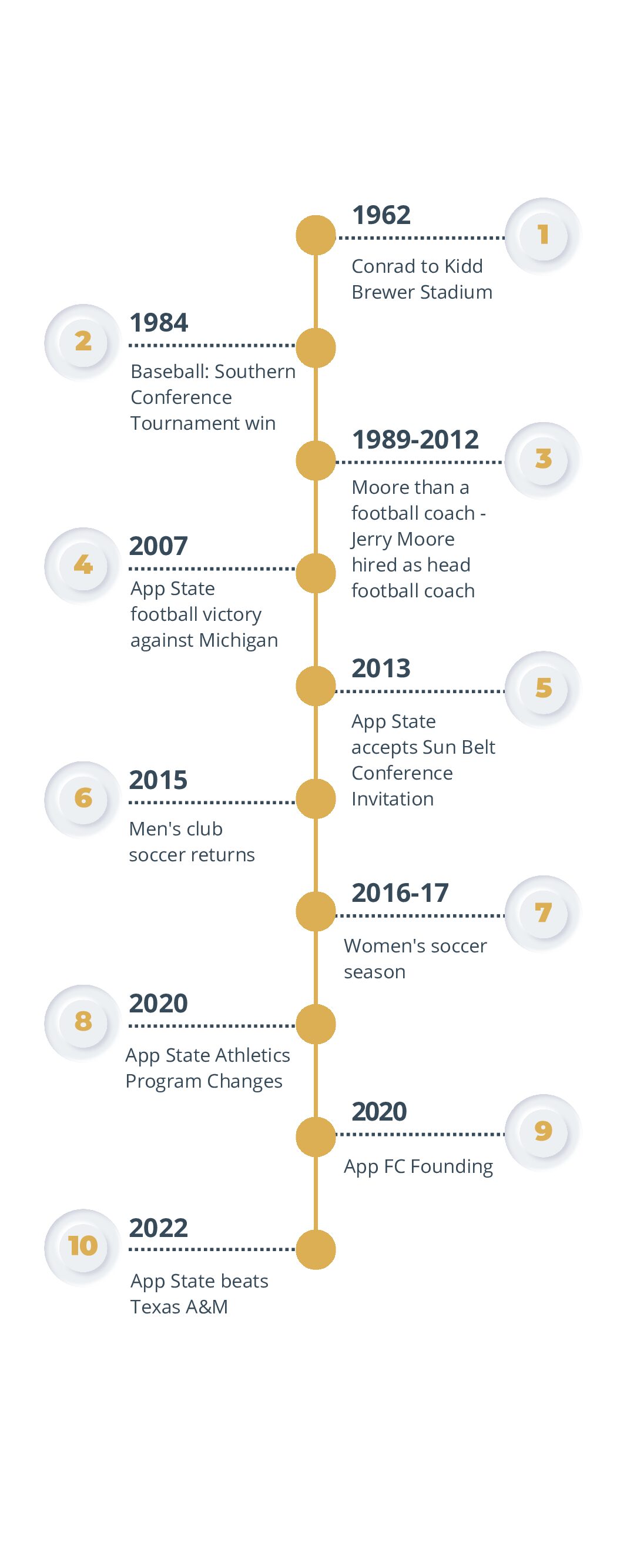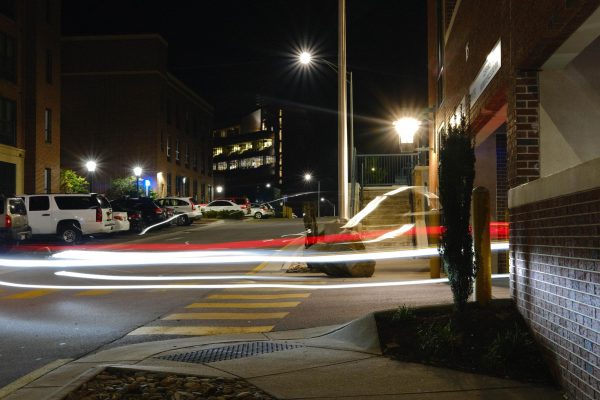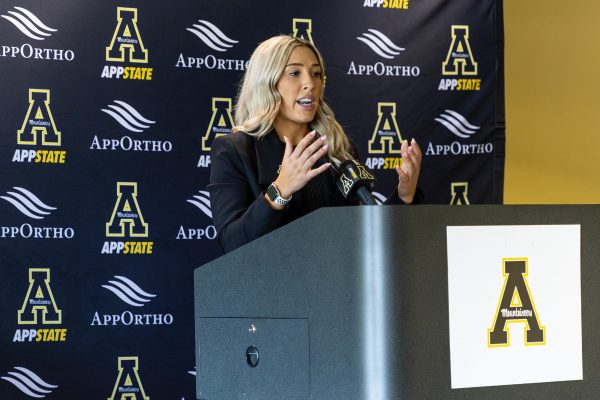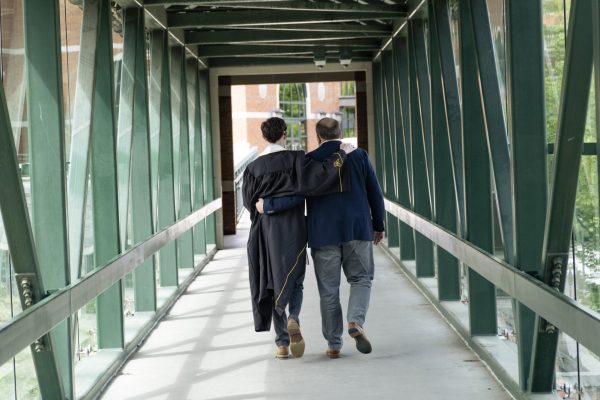Story by Jackie Park, News Reporter
Scott Hornoff came to campus on March 13 and presented about his experience as a wrongfully convicted felon.
In June 1996, Hornoff, a former Rhode Island police officer, was wrongly convicted of first-degree murder. Hornoff was incarcerated for 6 1/2 years before being exonerated in 2003.
According to the National Registry of Exonerations, exoneration occurs “when a person who has been convicted of a crime is officially cleared based on new evidence of innocence.”
Hornoff knew the victim; however, it was later found that many pieces of evidence such as footprints and a bloody glove were overlooked. The real killer came forward in November 2002.
“Obviously (the wrongful conviction) has had a huge impact on my life,” Hornoff said. “If this hadn’t happened, I would’ve gone on to go up the ranks in the police department and possibly lead a normal life, so my path is definitely changed.”
There have been 2,182 exonerations since 1989 and 19,194 cumulative years spent in prison by those wrongfully convicted, according to a graphic by the National Registry of Exonerations.
“I don’t call it the justice system anymore, I call it the judicial system,” Hornoff said. “But as I said, I’m still pro-law enforcement. We need good laws, we need good police officers, we need good investigators. We need to hold the guilty accountable and protect the innocent.”
Hornoff also believes the systems in place to help those convicted, guilty or not, are inadequate.
“Those who are guilty and go to prison need to be provided with rehabilitation and support when they’re released. Same with exonerees,” Hornoff said.
Many types of programs could help exonerees. “Vocational programs, counseling, job assistance, assistance with maybe attorneys and legal advice,” would all be helpful, Hornoff said.
“Anybody can be wrongfully convicted, it doesn’t really matter who you are as a person,” freshman political science major Paige Skinner said. “(Hornoff) was a white middle-aged man and a police officer when he was convicted.”
With 13 percent of African-Americans in the U.S. population, 47 percent of known exonerations are African-Americans according to the National Registry of Exonerations.
Since the exoneration, Hornoff has toured with the Afghan National Police and become a speaker and advocate for exonerees.













